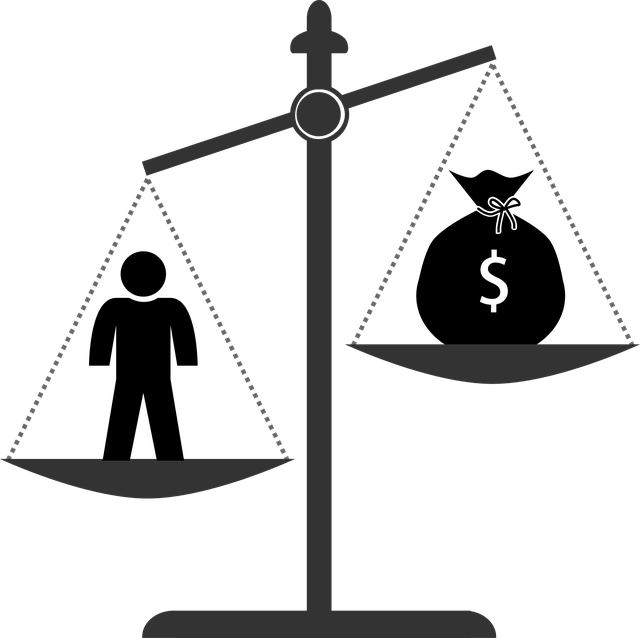Debt consolidation in South Africa combines multiple debts into a single loan with a unified interest rate and term, typically facilitated by banks or credit providers. While it simplifies payments and could lower overall interest costs, not everyone qualifies due to lender assessments of creditworthiness. Loan terms vary among institutions based on interest rates, repayment periods, and eligibility criteria. Borrowers must research and compare options thoroughly to make informed decisions that align with their financial situations and goals, weighing the benefits and drawbacks of debt consolidations loans.
In the financial landscape of South Africa, managing multiple debts can be a complex challenge. This is where debt consolidation enters the picture as a potential solution. This article explores the concept of debt consolidations loans and their role in simplifying debt repayment. We delve into the process, benefits, and drawbacks to help you understand the consolidation of debt better. By weighing the pros and cons, you can make an informed decision regarding this strategic financial move.
- Understanding Debt Consolidation and Loans in South Africa
- Weighing the Pros and Cons of Debt Consolidation Loans
Understanding Debt Consolidation and Loans in South Africa

Debt consolidation is a financial strategy where individuals combine multiple debts into one loan with a single interest rate and repayment term. In South Africa, this process often involves taking out a debt consolidation loan from a bank or credit provider to pay off existing debts. The primary goal is to simplify the borrower’s financial situation by reducing the number of payments they need to make each month and potentially lowering their overall interest expenses. This can be particularly beneficial for South Africans burdened with various loans, credit card balances, or other forms of debt.
When considering debt consolidations loans, it’s crucial to understand that this option may not be suitable for everyone. Lenders typically assess an individual’s creditworthiness and income stability before approving a consolidation loan. In South Africa, the availability and terms of such loans can vary among financial institutions, influenced by factors like interest rates, repayment periods, and eligibility criteria. Borrowers should thoroughly research and compare different loan offers to make an informed decision that aligns with their financial goals and capabilities.
Weighing the Pros and Cons of Debt Consolidation Loans

When considering debt consolidation in South Africa, evaluating the pros and cons is essential to making an informed decision. Debt consolidations loans offer a strategic approach to managing multiple debts by combining them into one loan with a potentially lower interest rate. This can simplify repayment by reducing the number of monthly payments, saving time and effort. Additionally, consolidating debt can provide better financial control and peace of mind by streamlining expenses.
However, it’s crucial to acknowledge potential drawbacks. Debt consolidation loans often require significant collateral, such as property or vehicles, increasing risk if unable to repay. Interest rates for these loans might be higher than expected, especially if credit history is less than ideal. Furthermore, the process can be time-consuming, involving thorough financial assessments and documentation. Despite these considerations, a well-planned debt consolidation strategy remains a powerful tool for financial freedom when managed responsibly.

